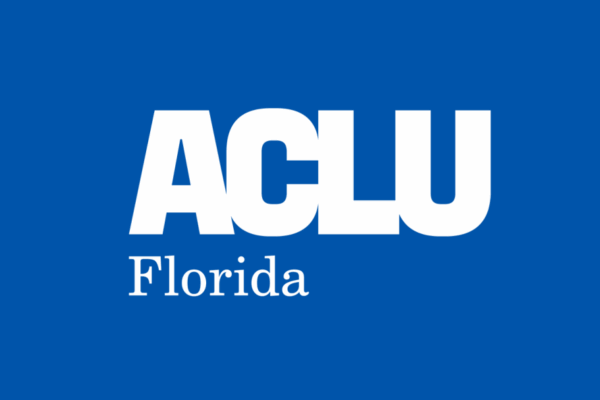The organization demands an accurate, clear, and lawful financial impact statement that will equip voters with the information they deserve to exercise their right to vote
TALLAHASSEE, FL — Even with the state’s top economist voicing strong dissent, the Financial Impact Estimating Conference (FIEC) by a 3-1 majority voted to adopt a revised financial impact statement with inaccurate and politically charged language designed to undermine Amendment 4 — the citizen-led ballot initiative seeking to limit government interference with abortion. The State intends to place this statement on the November ballot.
A circuit court ruled that the FIEC’s initial statement was unlawfully inaccurate, ambiguous, misleading, unclear, and confusing. In the court order, Leon County Circuit Judge John Cooper specifically ruled that inclusion of speculative litigation was unlawful. Rather than clarify its original statement as ordered by the court, the conference majority abandoned its constitutional duty and drafted a new statement reversing its previous findings of financial impact and largely focused on speculation about future litigation. The blatantly political reorganization of the conference to create a hand-picked majority is just the latest in a string of efforts to mislead voters who support Amendment 4. The newly adopted language unlawfully alters the conference’s prior conclusions without justification.
Michelle Morton, staff attorney, at ACLU of Florida responded to yesterday’s hearing with the following:
“We strongly condemn the State for weaponizing its constitutional duty to inform voters of the probable budgetary impact of amendments. Rather than providing an unbiased statement of Amendment 4’s probable financial impact, the conference abandoned precedent and its constitutional mandate and is misleading voters by uplifting extremist rhetoric and baseless speculation unrelated to budgetary issues.
“The introduction of political appointees—current Heritage Foundation Senior Research Fellow Rachel Greszler and political operative Chris Spencer—shifted the focus towards wildly speculative discussions divorced from both reality and the conference’s purpose. Despite repeated admonitions from the State’s top economist, Amy Baker, who dissented from the statement, the other conference members focused on hypothetical scenarios and potential indirect effects that rely on future legislative, executive, judicial, and personal decisions. The intent is clear—these new conferees were appointed by politicians campaigning against Amendment 4.
“The financial impact statement should objectively evaluate the budgetary impacts of the proposed amendment, focusing on clear, data-driven projections. However, the current statement is a distorted narrative fueled by political agendas and a corrupted process. It is rife with anti-abortion talking points and far-fetched scenarios designed to scare voters into maintaining the status quo of a near-total ban on abortion.
“Voters deserve better. This political corruption of a constitutional process dishonors the FIEC’s role as a neutral arbiter of budgetary impacts and directly conflicts with its purpose to inform voters. Allowing political operatives to draft an impact statement that is rooted in rhetoric from anti-abortion advocates undermines public trust and detracts from the critical task of providing accurate fiscal information. The inclusion of unfounded assumptions opposing abortion rights does nothing to serve the people of Florida and instead jeopardizes access to reproductive healthcare, while promoting misinformation. We demand that the FIEC return to its original mission of delivering impartial and factual financial assessments, free from the influence of extremist ideologies.”
Stay Informed
Sign up to be the first to hear about how to take action.
By completing this form, I agree to receive occasional emails per the terms of the ACLU’s privacy statement.
By completing this form, I agree to receive occasional emails per the terms of the ACLU’s privacy statement.

